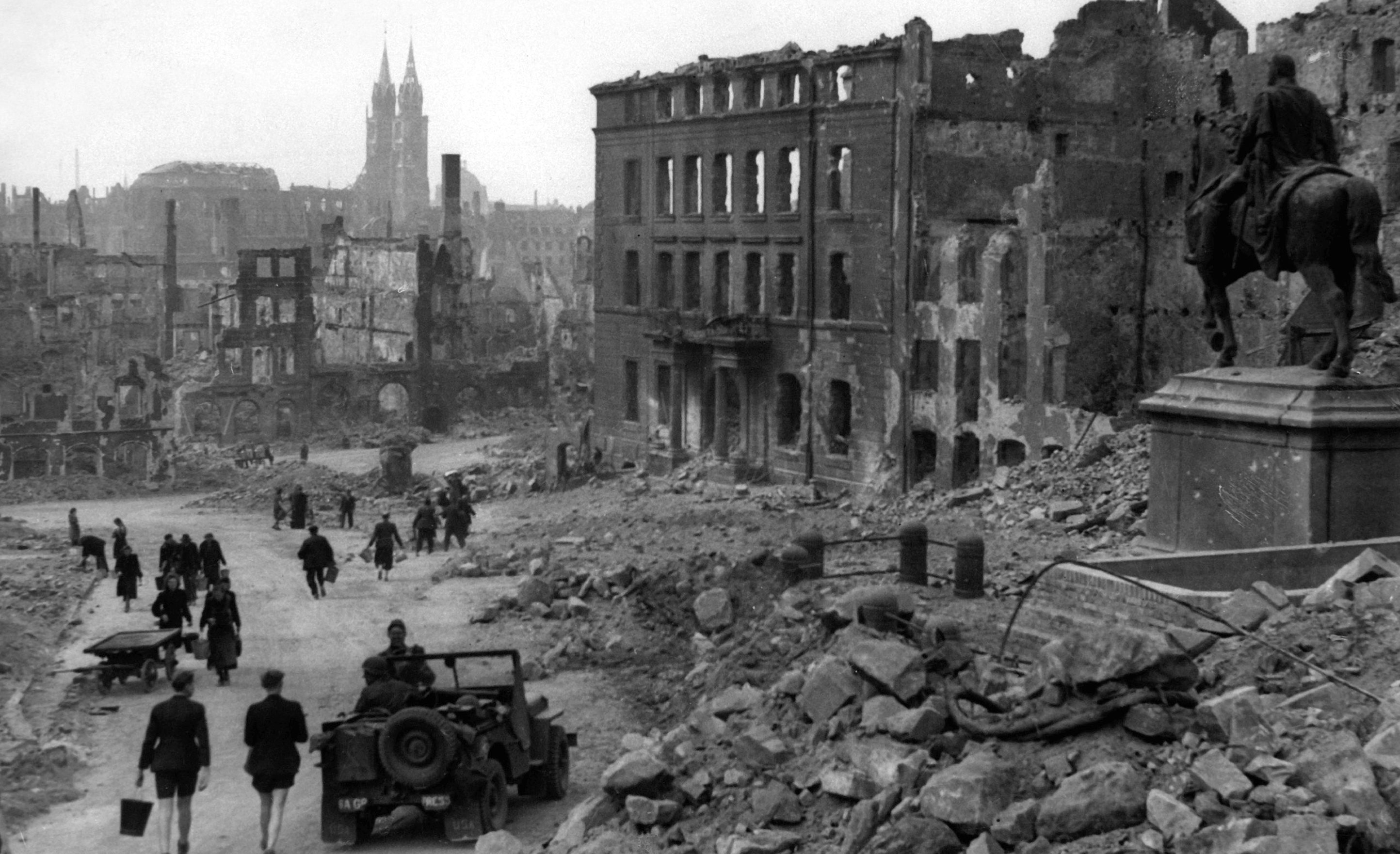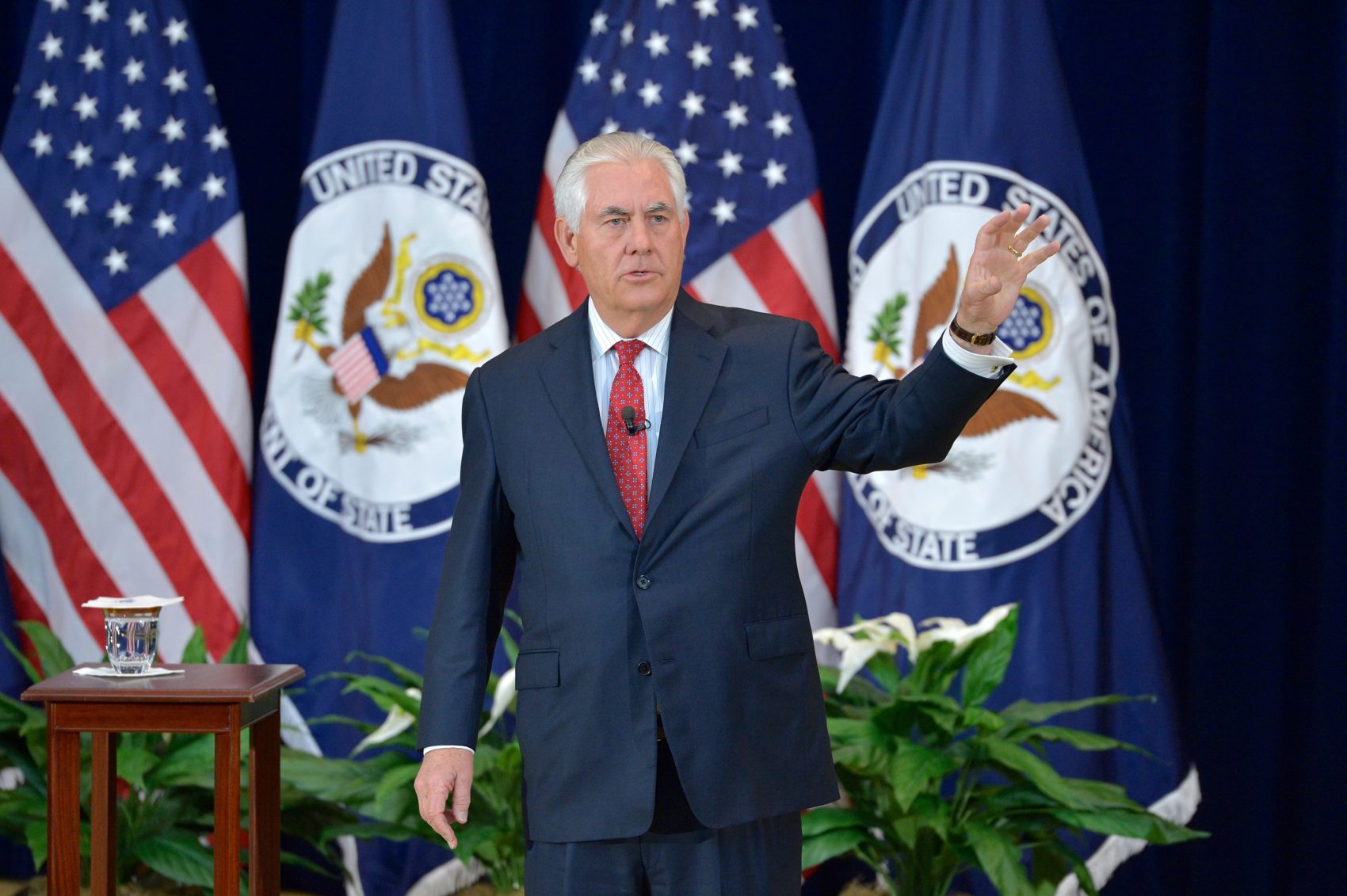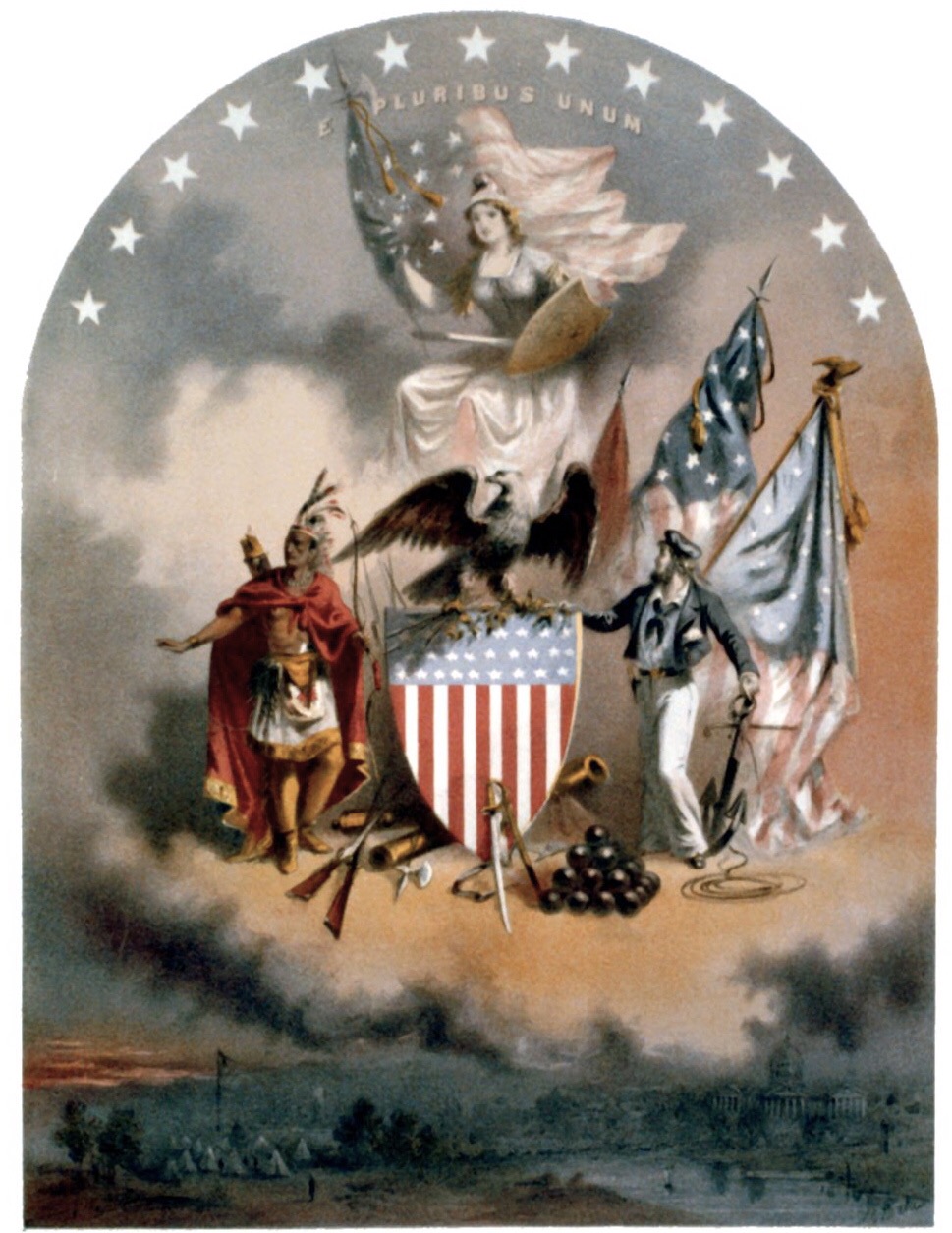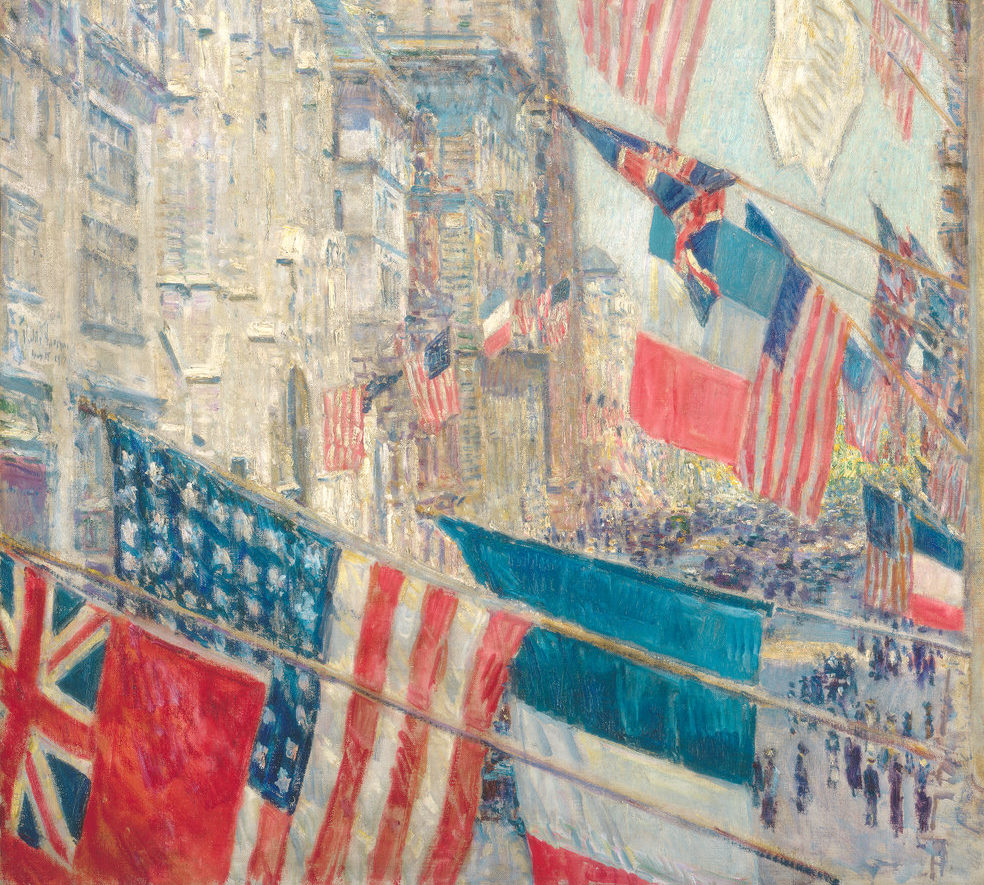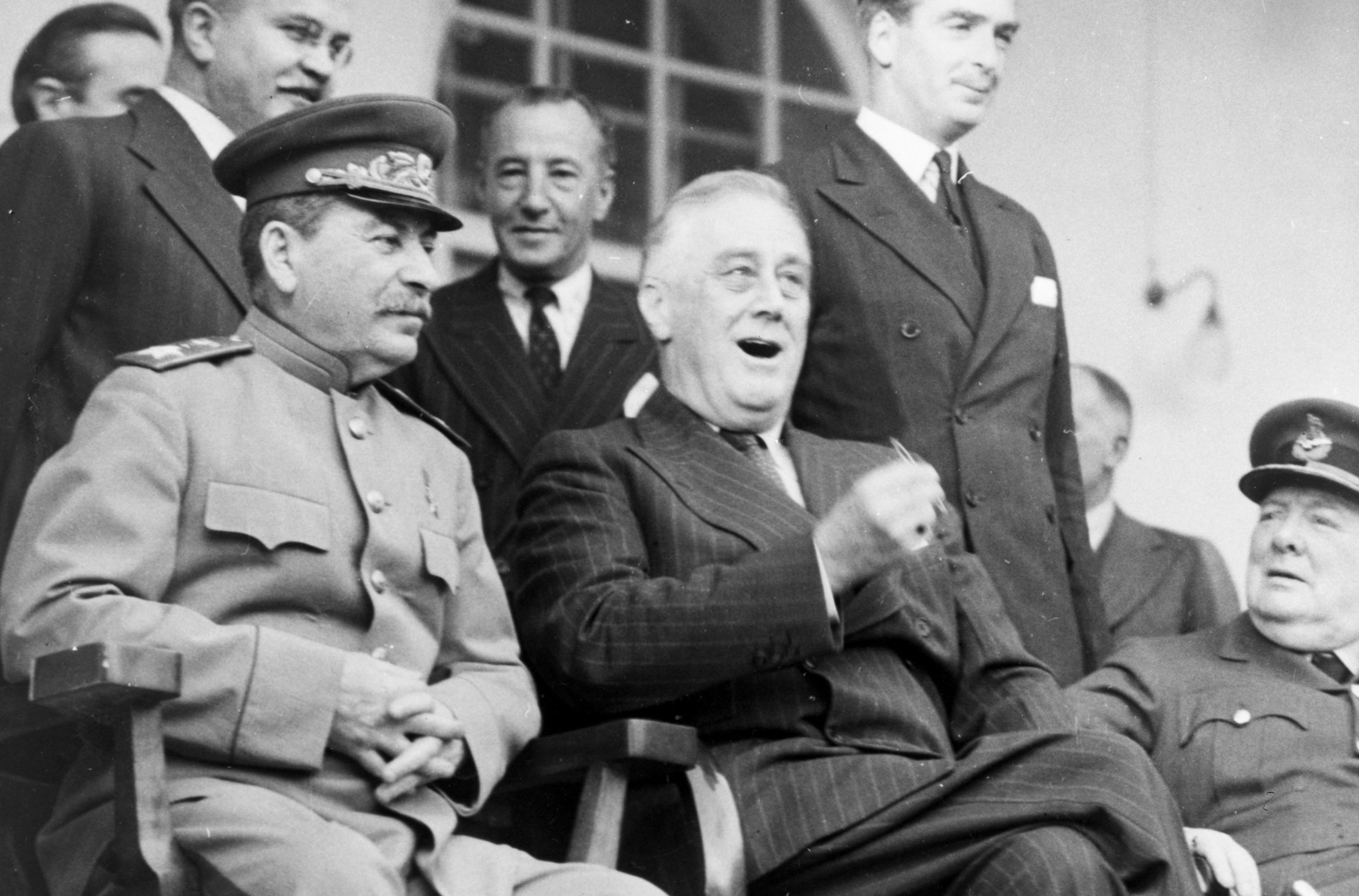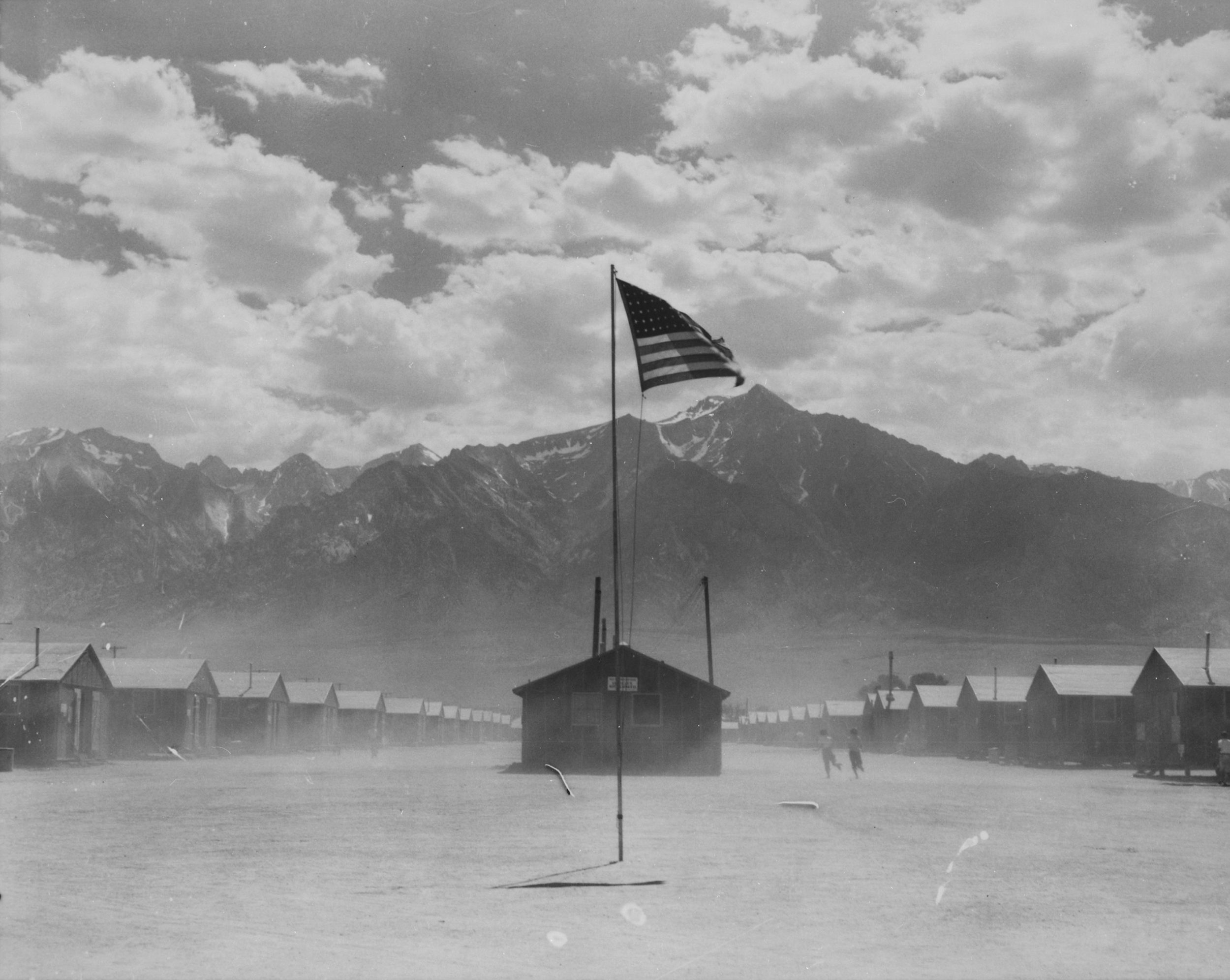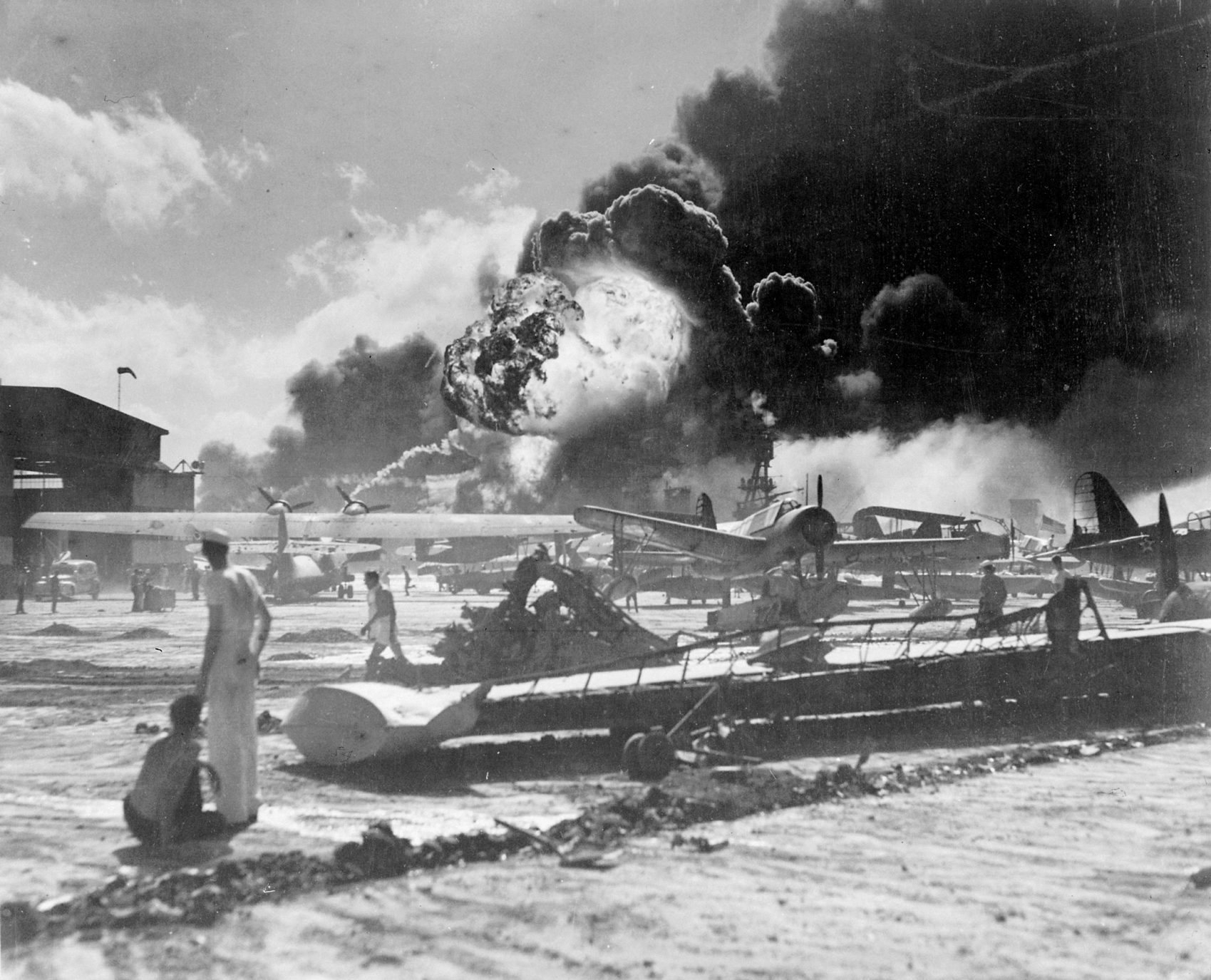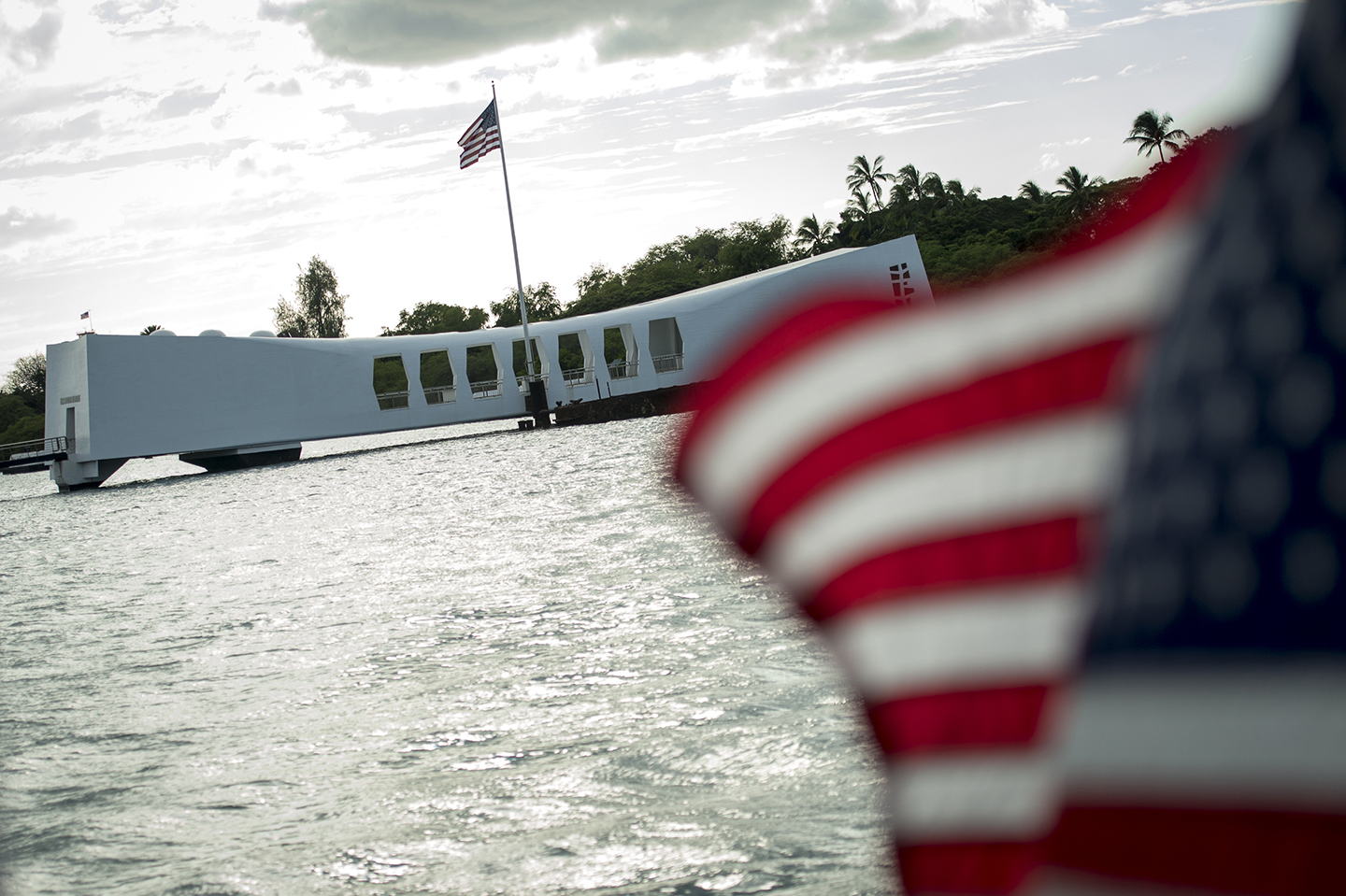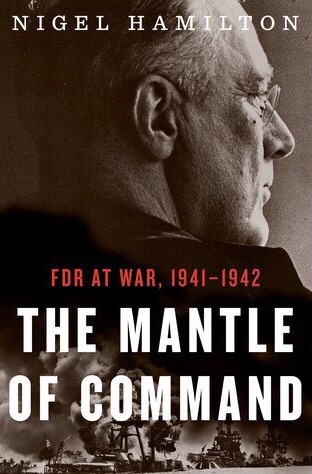Problems of European Reorganization
On May 18, 1942, the Editors of Christianity & Crisis sought fit to postulate and navigate what the world would look like with a victory against the Axis Powers. In this article, Eduard Heimann masterfully articulates the challenges and requirements that the Allied forces would face in attempting to reorganize and rebuild Europe.
Christianity & Crisis MagazineMay 19, 2017
Frontlines or Sidelines for America’s Values?
After reading Secretary Tillerson’s recent address, which tried to explain how “this administration’s policies of ‘America first’ fit into our foreign policy,” I am struck not so much by Tillerson’s attempt to decouple American interests and ideals, but by the chasm separating this speech from one given more than 75 years ago.
Alan DowdMay 16, 2017
Syria & American DNA
It’s been widely noted that the U.S. missile strikes on a Syrian airbase seem at odds with Donald Trump’s electioneering opposition to American intervention. But there should be little surprise.
Mark TooleyApril 11, 2017
Bearing the Burden
With the Middle East on fire, Europe on edge, Russia on the march, and China on the rise, America’s interlocking system of alliances is more important now than at any time since the beginning of the Cold War.
Alan DowdMarch 27, 2017
Bitter Harvest: Lessons from FDR’s Russia Policy
Franklin D. Roosevelt’s policy towards Russia depended on a willful disregard for the Moscow regime’s most brutal acts. The problem for the president—and for the American public—was that he seemed to believe the utterly false portrait of Stalin he helped to create.
Joseph LoconteMarch 2, 2017
Executive Orders, Nativism, and National Security
Seventy-five years ago, on February 19, 1942, FDR issued Executive Order 9066, which authorized the internment of tens of thousands of Japanese-Americans.
Joseph LoconteFebruary 16, 2017
What You Should Know About the Attack on Pearl Harbor
Today marks the 75th anniversary of the Japanese attack on the American naval base at Pearl Harbor near Honolulu, Hawaii. Here are ten things you should know about the event that propelled the U.S. into World War II.
Joe CarterDecember 7, 2016
Countdown to Infamy
President Franklin Roosevelt called the Japanese surprise attack on December 7 “a date which will live in infamy.” Perhaps an even greater infamy was the vacuous form of liberalism that denied the existence of radical evil, making it almost incapable of distinguishing between flawed democracies and fascist barbarism.
Joseph LoconteDecember 7, 2016
“The Mantle of Command: FDR at War, 1941-1942” by Nigel Hamilton
Hamilton’s version of history is appealing to American ears, especially to FDR fans.
Mark TooleyOctober 25, 2016
